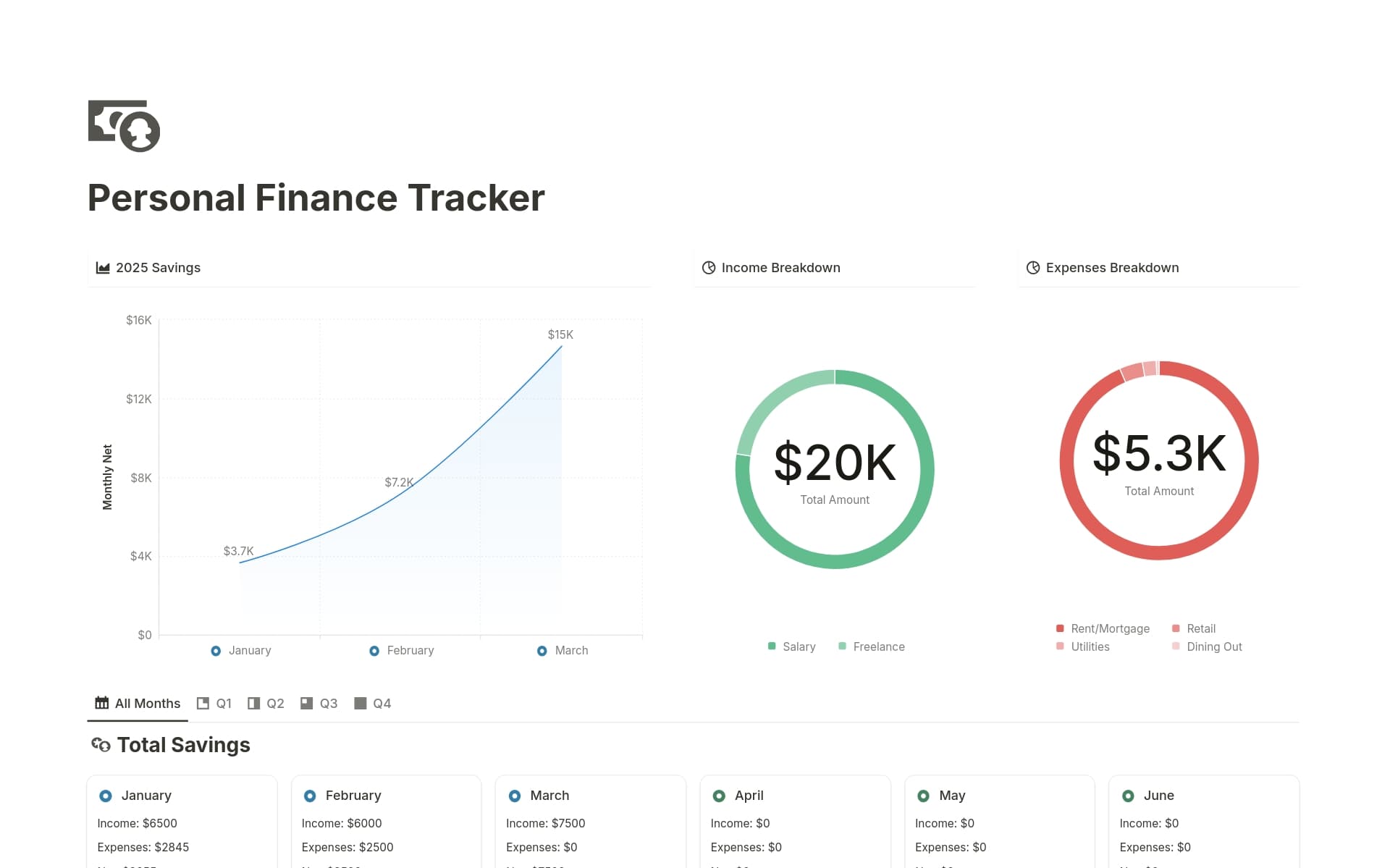Kanban is a framework used to implement Agile and Lean project management. It provides visual signals to represent work items at various stages of a software development process, making it easier for software developers to manage tasks and workflows efficiently. A Kanban template in Notion can streamline this process by organizing tasks, improving transparency across teams, and enabling more effective project tracking and collaboration.
Before you start crafting your own Kanban system in Notion, consider exploring the templates listed below to simplify the process and enhance your project management efforts.
What Should Kanban Templates Include?
Choosing the right Kanban template can streamline your software development process, ensuring efficiency and clarity. Here are key components to look for in a Kanban Notion template:
Customizable Columns: A good template should have easily customizable columns that can be adapted to different stages of your development cycle.
Integration Capabilities: Ensure the template can integrate seamlessly with other tools you use, such as version control systems or design tools.
Automated Workflows: Look for templates that support automation to handle repetitive tasks, such as moving tasks between columns or updating task statuses.
Visual Enhancements: Effective templates should include visual elements like color coding or tags to help quickly identify task types, priorities, or teams.
Selecting a Kanban template with these features will help you maintain a clear overview of projects, enhance team collaboration, and optimize your workflow management.
What Should Kanban Templates Avoid?
Choosing the right Kanban template is crucial for streamlining your software development process. However, not all templates are created equal. Here are three key components to steer clear of when selecting a Kanban template:
Overly Complex Layouts: Templates with too many columns or confusing configurations can complicate the workflow rather than simplify it. Opt for clarity and ease of use.
Fixed, Non-Customizable Stages: Avoid templates that don't allow you to modify the stages of the workflow. Flexibility is essential in adapting the board to fit your project's specific needs.
Generic, Non-Descriptive Labels: Templates that use vague labels for tasks or stages can lead to confusion. Ensure that the labels are clear and relevant to your development process.
Remember, the best Kanban template is one that enhances productivity without adding unnecessary complexity to your project management efforts.











